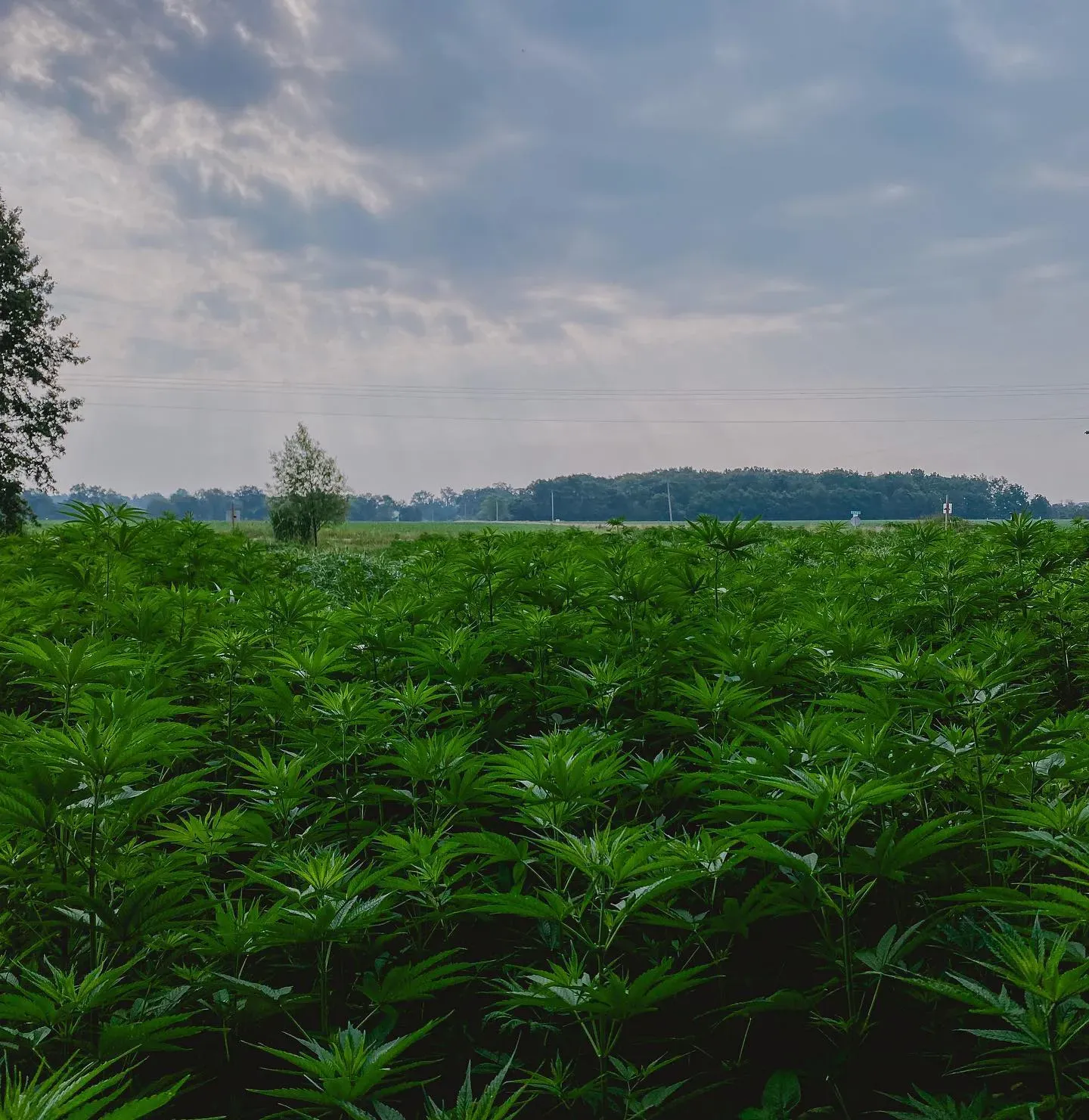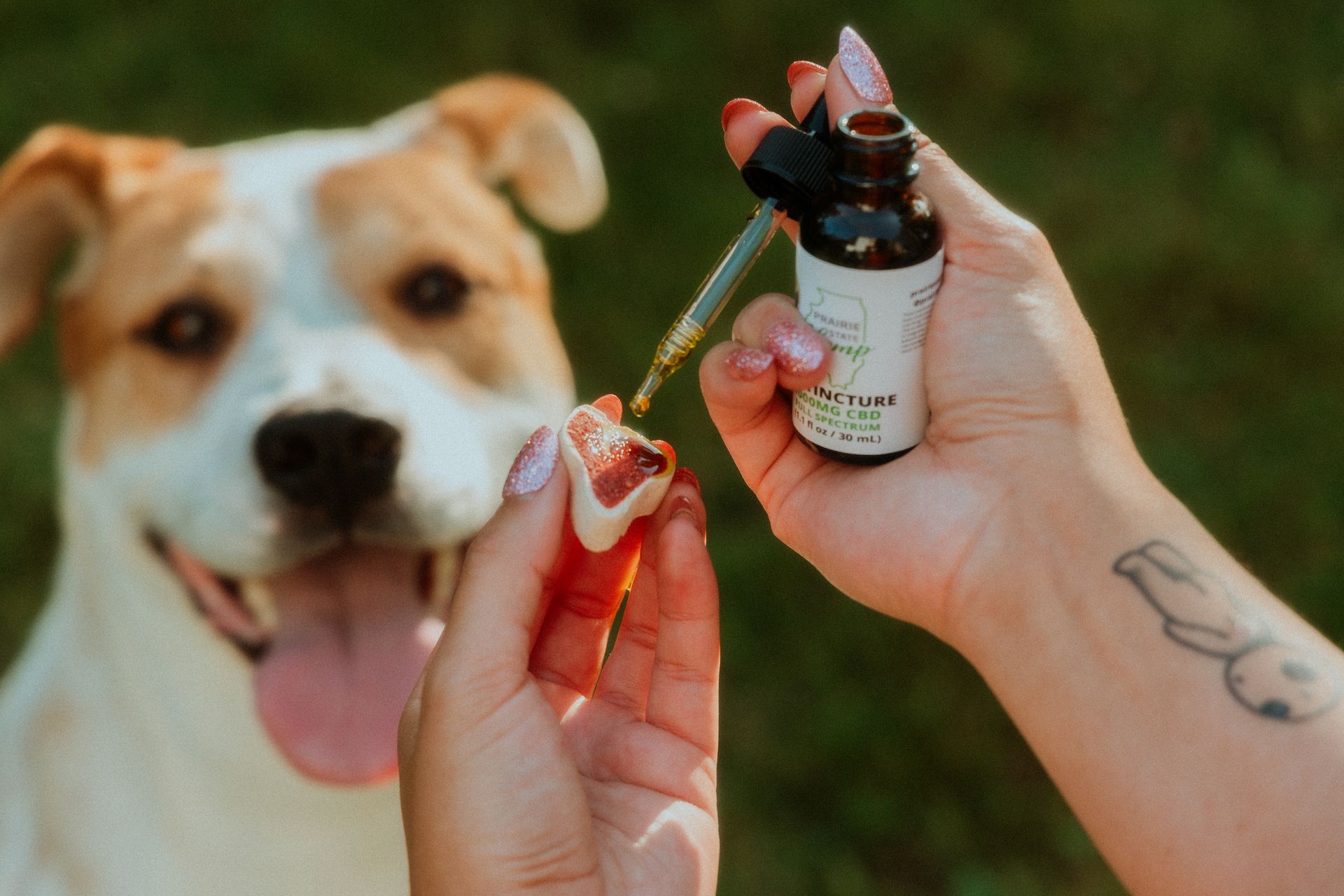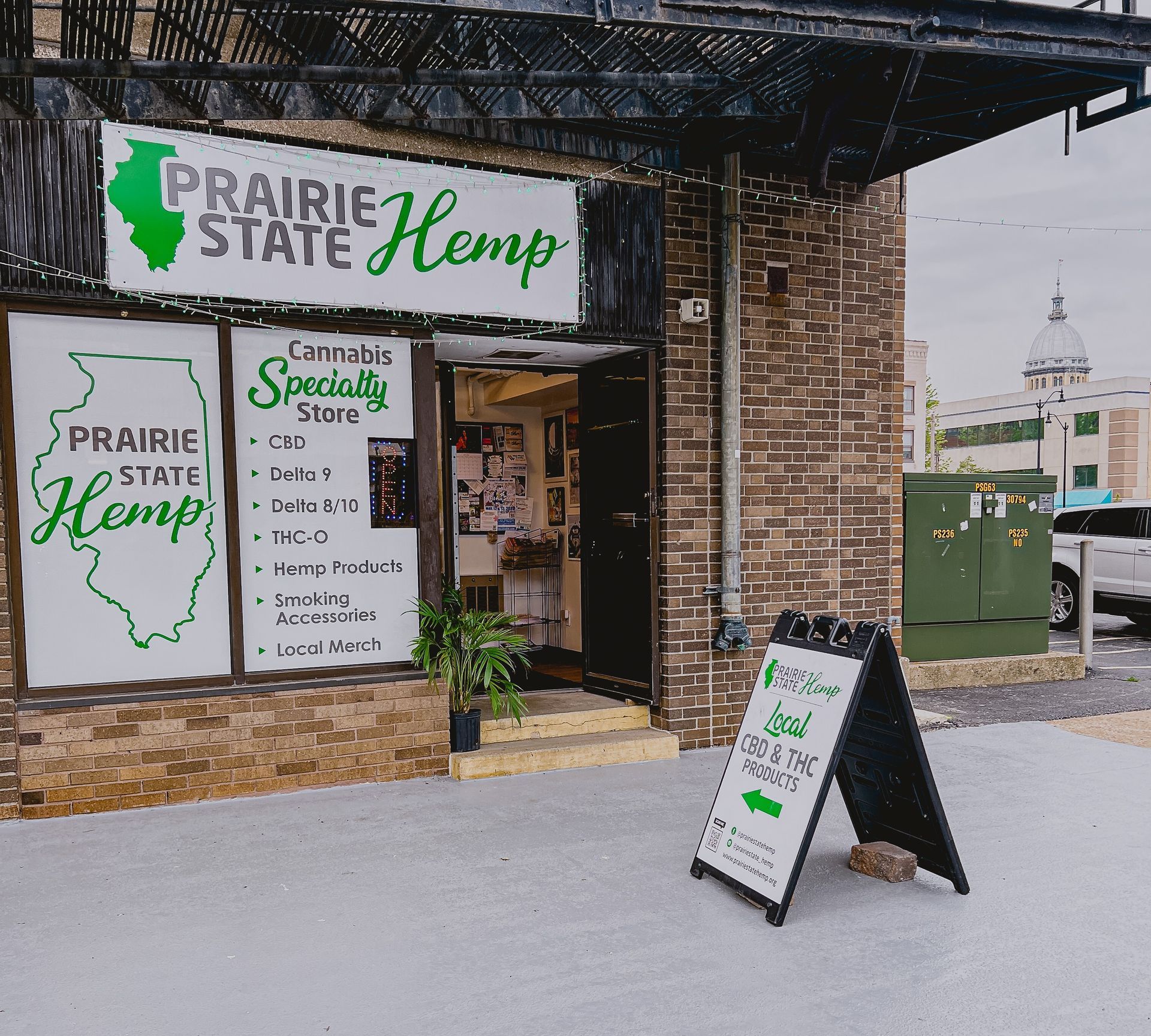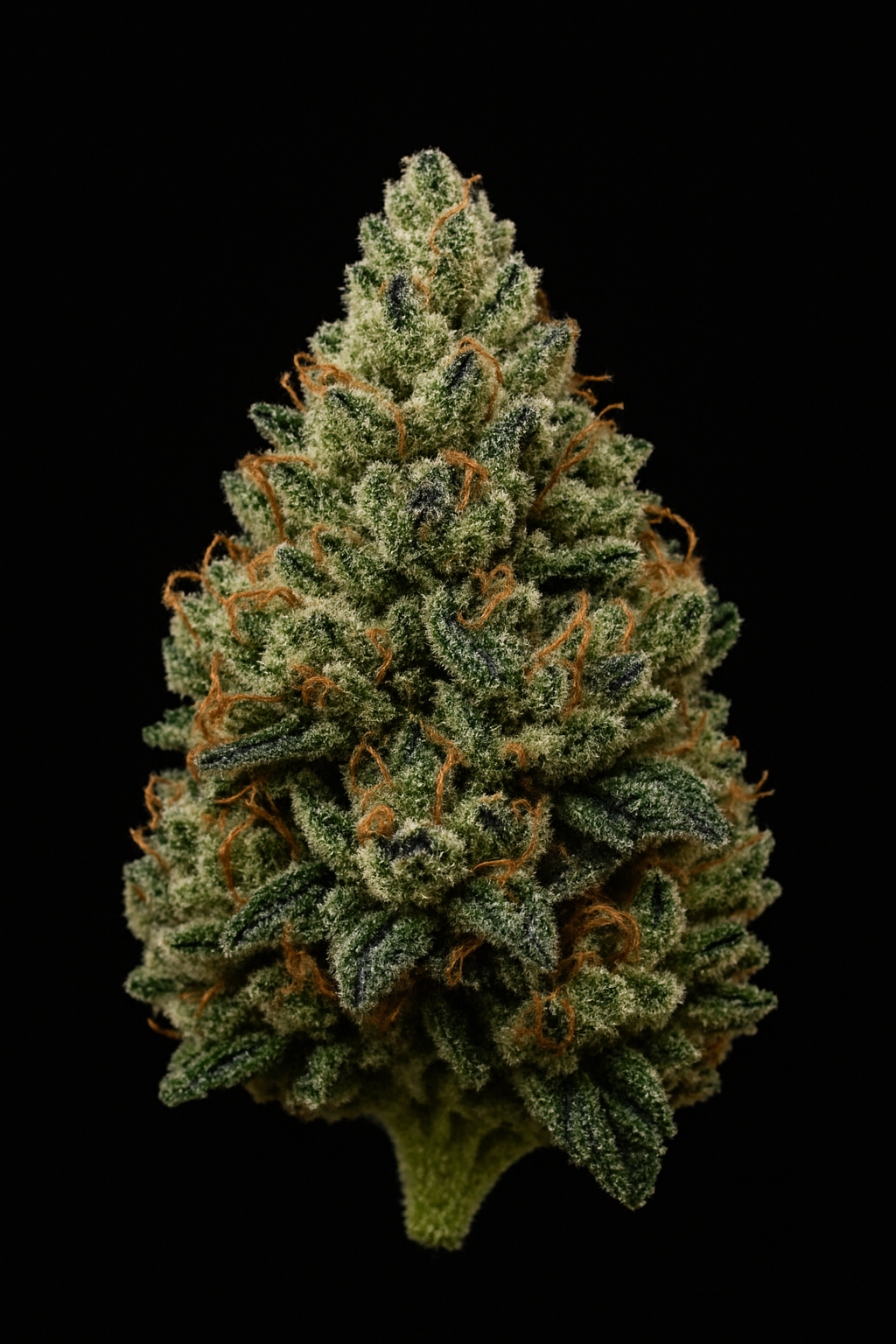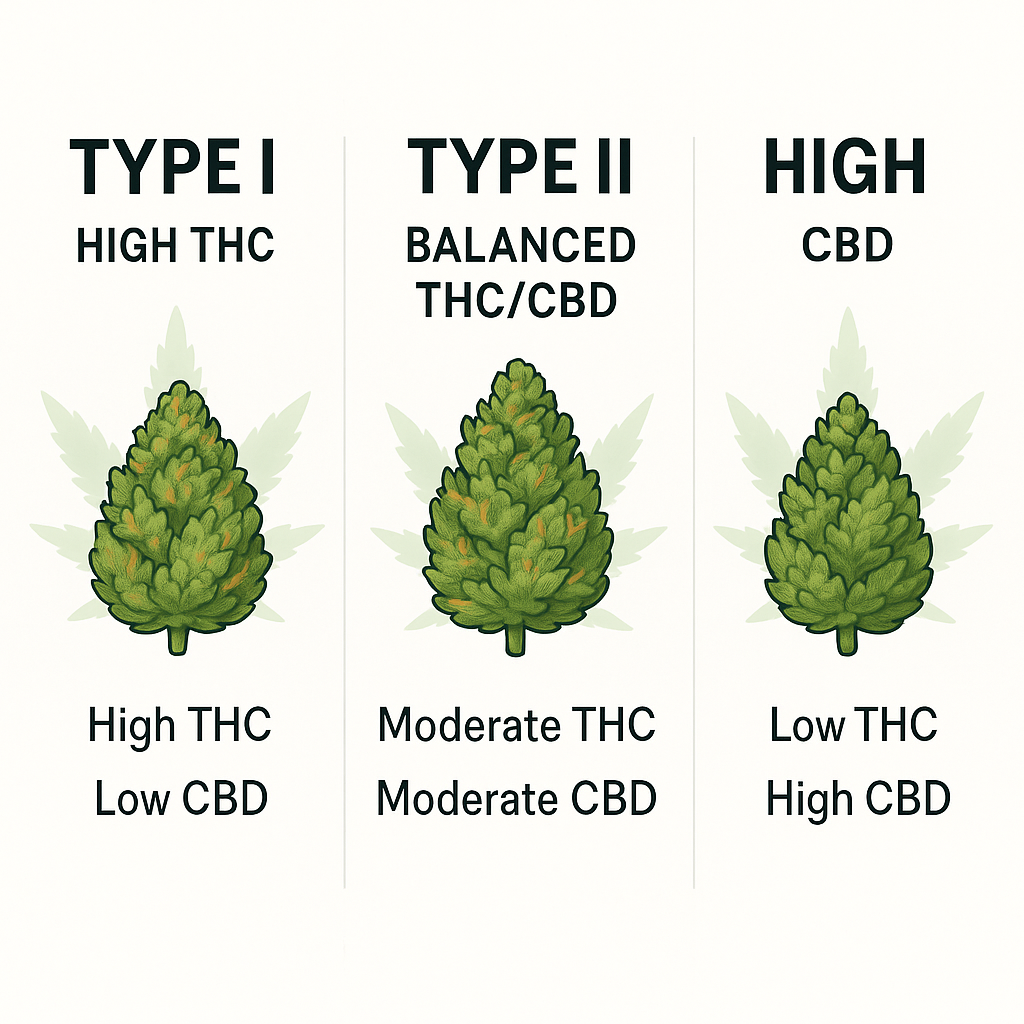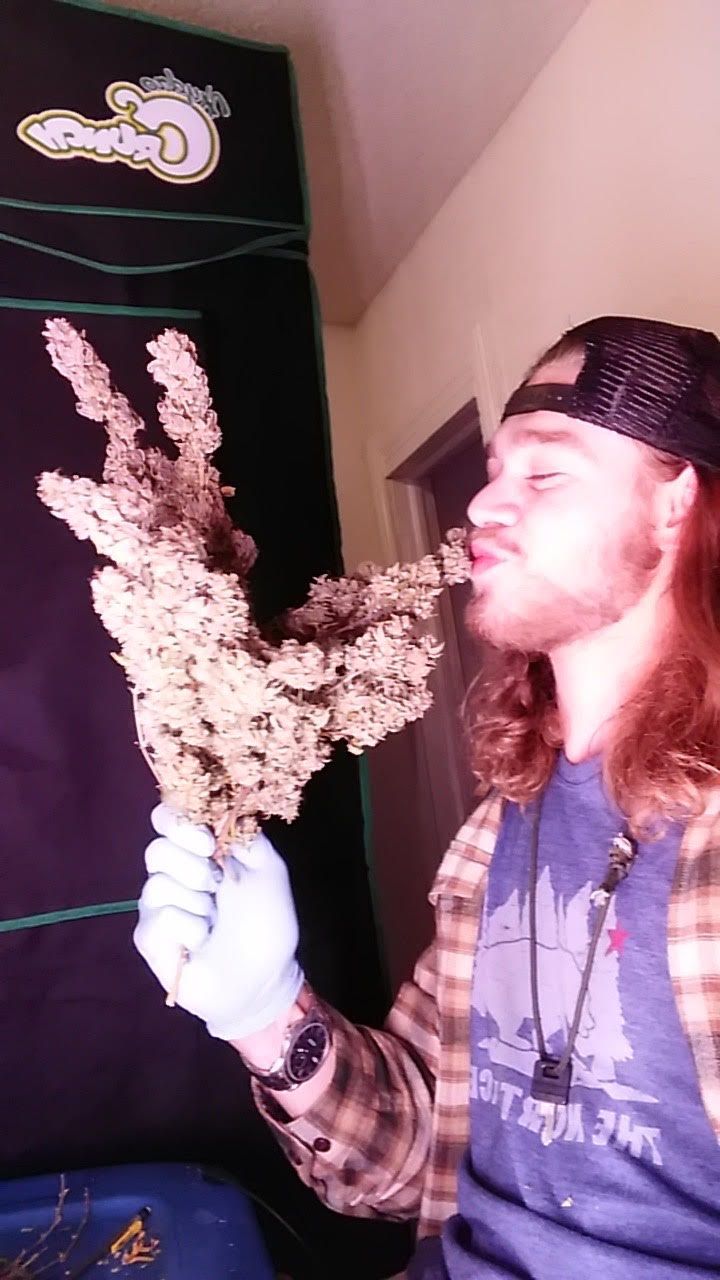By Sam B
•
August 26, 2025
So Who Really Grows The Best? Cannabis cultivation has always been shaped by climate. Just as grapes thrive in certain regions for winemaking, cannabis requires the right mix of soil, temperature, humidity, and sunlight to flourish. Across the U.S., growers have discovered unique advantages—and challenges—based on where they plant their seeds. At Prairie State Hemp , we recognize the heritage of legendary growing regions like Northern California while celebrating the Midwest’s rising potential. Let’s explore the best climates for cannabis, with a closer look at the pros and cons of growing in each U.S. region . 🌲 Northern California: The Legendary Emerald Triangle Why It’s Ideal: Northern California’s Emerald Triangle (Humboldt, Mendocino, Trinity counties) has long been synonymous with premium cannabis. Its coastal climate, nutrient-rich soil, and multigenerational farmers make it a world-class growing environment. Pros: Mild year-round temperatures, ideal for long growing seasons Fertile soil rich in organic matter Experienced cultivators with decades of knowledge Strong cultural and market recognition Cons: High regulatory costs and licensing hurdles in California Risk of wildfires, drought, and environmental stress Competitive marketplace saturated with legacy and new growers 🌾 The Midwest: A Rising Powerhouse States like Illinois, Kentucky, and Wisconsin have deep agricultural roots that translate well into hemp and cannabis cultivation. Fertile soils, dependable rainfall, and supportive farming infrastructure make the Midwest a promising region. Pros: Rich, nutrient-dense soil built on centuries of agriculture Adequate rainfall reduces need for heavy irrigation Community support and farm expertise available locally Expanding hemp programs and growing consumer demand Cons: Shorter outdoor growing seasons than coastal regions Weather variability (late frosts, early cold snaps) Humidity can increase risk of mold and pests without careful monitoring At Prairie State Hemp , we’re proving that Illinois-grown hemp can rival any region—combining Midwest soil with careful cultivation to produce premium THCa flower, CBD tinctures, and Delta-9 gummies . 🏔️ Colorado: High Altitude Challenges Colorado was one of the first states to legalize cannabis, giving it a head start on industry development. However, the climate poses steep challenges for outdoor cultivators. Pros: Over 300 days of sunshine per year—great for greenhouse and indoor grows Established cannabis market and consumer base Innovative growers who adapt with advanced techniques Cons: Short growing season due to high elevation Cold nights and risk of early frosts Dry climate increases irrigation needs Outdoor yields often lower compared to California or the Midwest 🌞 The Southeast: Warm but Tricky States like North Carolina, Tennessee, and Florida have climates that can support hemp cultivation but also present unique challenges. Pros: Long growing season with abundant sunshine Supportive farm infrastructure in states with tobacco/agriculture history Rapidly expanding hemp markets in the South Cons: High humidity increases risks of mold and mildew Hurricanes and heavy rains can damage crops Inconsistent regulations across states 🌵 The Southwest & Desert States Arizona, Nevada, and New Mexico offer unique climates for cannabis farming, often relying on greenhouse or indoor cultivation. Pros: Consistent sunshine and low humidity reduce mold risks Growing acceptance of cannabis markets in these states Controlled irrigation allows precision growing Cons: Extreme heat stresses plants during summer months Water scarcity makes cultivation costly and less sustainable Outdoor growing is limited; most success comes indoors or in greenhouses 🌍 Climate & Cannabis: What It Means for Consumers From California’s coastal valleys to Illinois farmland, cannabis cultivation reflects the unique environments where it grows. Understanding the pros and cons of each region helps consumers appreciate why locally grown hemp is so valuable. At Prairie State Hemp , our Illinois-grown hemp benefits from fertile soil, careful cultivation, and a community of farmers committed to sustainability. We believe the Midwest is not just an emerging region—it’s the future of cannabis farming. 🛒 Discover Midwest Hemp at Prairie State Hemp From award-winning Delta-9 gummies to THCa pre-rolls and CBD tinctures , Prairie State Hemp celebrates the best of Midwest agriculture while honoring the growers who paved the way in California and beyond. 👉 Visit prairiestatehemp.org to shop hemp products and learn more about how Illinois is shaping the future of cannabis cultivation.
